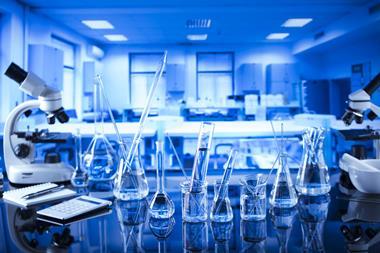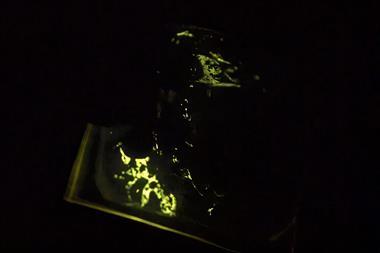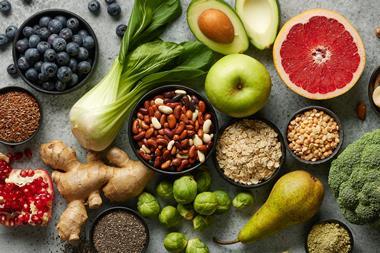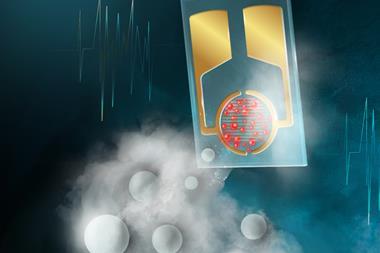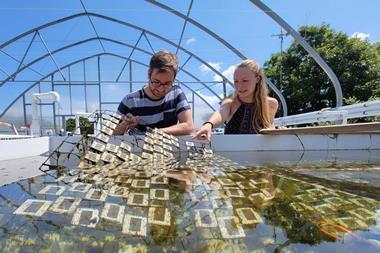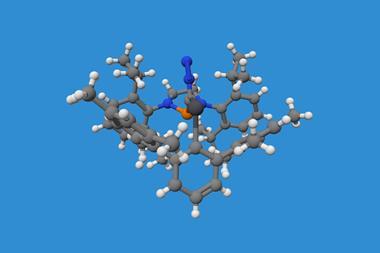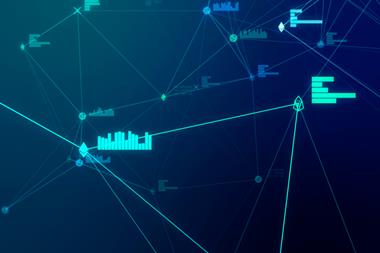This is the third in a series of free events throughout 2021 developed by the Royal Society of Chemistry’s Science Policy Unit, exploring current issues around plastic production, use, reuse and disposal. This webinar was jointly organised with the Microbiology Society.
We have all seen images of plastic in our oceans and washed up on our beaches. In fact, The Pew Charitable Trusts report that 11 million metric tons of plastic was leaked into the ocean in 2016.
The existing plastics lifecycle, from starting materials to waste, is complex and there are many areas for improvement. Scientists are looking for solutions across the lifecycle.
One area of study is the detection and measurement of existing pollution, and its impact on the environment and ecosystem. This could be detecting and characterising macro-, micro- and nano-plastics, or investigating how the waste interacts with and becomes part of microbial processes.
Scientists can also take inspiration from the workings of the natural world to find innovative solutions for dealing with our plastic waste. For example, microbes are now part of the tool kit in the technical side of the circular economy, where microbial enzymes can degrade plastics and microbes can convert those monomers to value-added products.
One thing is clear, that humanity’s reliance on this highly useful material is having lasting impacts on the natural environment.
For this webinar the RSC teamed up with the Microbiology Society to explore the impacts that plastic has on our environment, and the ways that microbial processes can be used to recycle and upcycle plastic.
Our speakers discuss:
- Enzyme recycling of plastic waste, and the potential to form a bioeconomy for plastics
- The ‘plastisphere’, the microbiological communities that live on plastics
- How chemists sample and detect microplastics in water
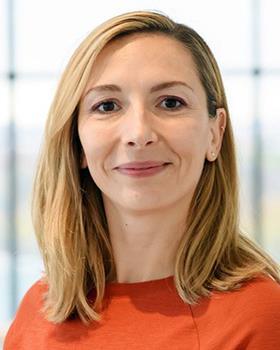
Speaker: Tanja Narancic
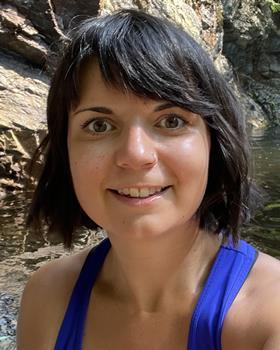
Speaker: Robyn Wright
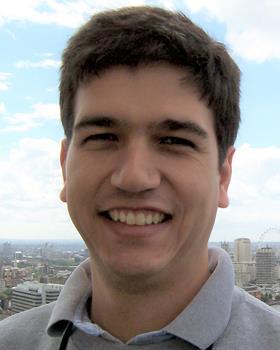
Speaker: Jesús Javier Ojeda
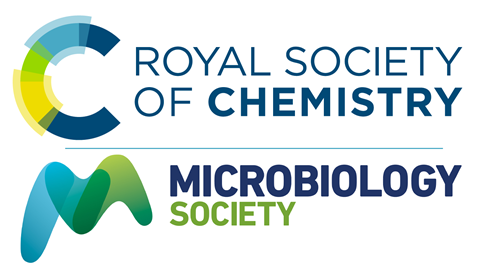
Chemistry World and the Science Policy Unit at the Royal Society of Chemistry are proud to offer this series of webinars to promote scientific debate around particular areas of plastics.
The Science Policy Unit sits within the Policy and Evidence team, coordinating programmes around sustainability and health. We aim to improve the quality of scientific evidence in policy making, and show the positive impact of chemistry in solving global challenges.
This webinar has been organised in collaboration with the Microbiology Society.
Progressive plastics webinars
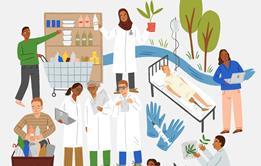
A series of events throughout 2021 developed by the Royal Society of Chemistry’s Science Policy Unit, exploring current issues around plastic production, use, reuse and disposal.
- 1
- 2
- 3
 Currently
reading
Currently
reading
How polluting is plastic?




